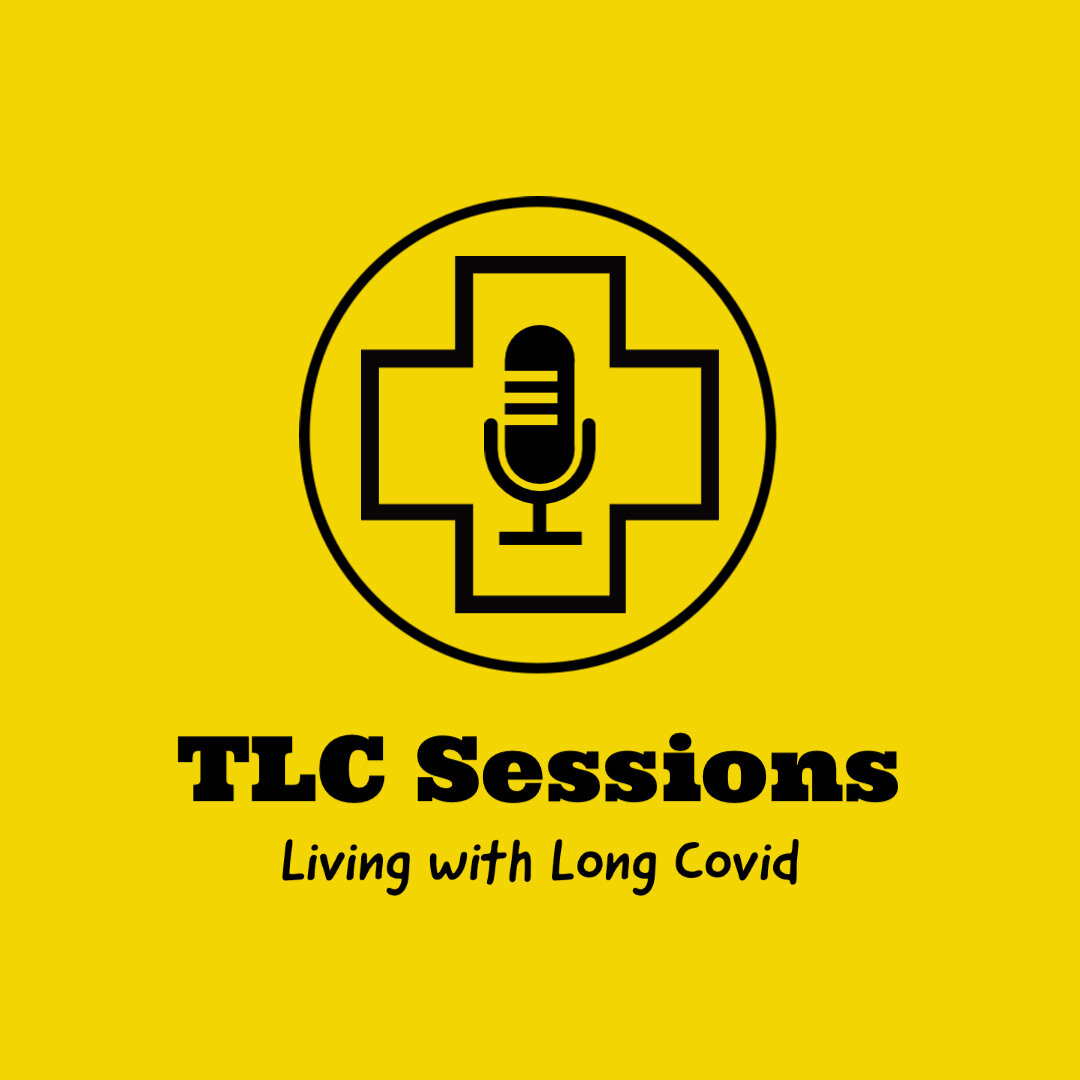Episode 73: Dr. Rob Wüst - Post-exertional Malaise - working out why we can’t work out
Dr Rob Wüst is an expert in physiology. Assistant Professor in the Faculty of Movement and Behaviour Sciences at Vrije Universiteit (Free University) Amsterdam, he extensively studies cardiac and skeletal muscle metabolism and mitochondrial function which lead to him co-authoring the study recently published in Nature Communications which focuses on the post-exertional malaise (P.E.M.) experienced in Long Covid.
The study found muscle abnormalities in the Long Covid patients.
Wüst and his team investigated the impact of Long Covid on muscle health by studying 25 Long Covid patients who were experiencing PEM, alongside 21 fully recovered individuals. Participants underwent a brief exercise session where their bodies were pushed to VO2 max, with blood samples and muscle biopsies being taken before and after.
The research found biological changes, including severe muscle damage, mitochondrial issues, and the presence of microclots. There were significant differences in exercise capacity between Long Covid patients and the control group, with the muscle biopsies showing changes in the muscles of Long Covid patients indicating reduced exercise capacity due to compromised mitochondrial function.
"It confirms internal disruptions caused by the disease," says lead researcher Dr. Wüst, stressing the importance of addressing these issues promptly.
Despite the conventional wisdom that exercise is beneficial for overall health, and indeed, inactivity is a driver of all sorts of complications, which Wüst highlighted in his recent study on the effects of bedrest, published in Cell, he noted that in these Long Covid patients “exercise actually makes them worse”. He emphasised the importance of caution in intense physical activity for Long Covid patients due to the risk of exacerbating symptoms and tissue damage. These findings provide valuable insights for tailored rehabilitation strategies and symptom management in Long Covid recovery.

